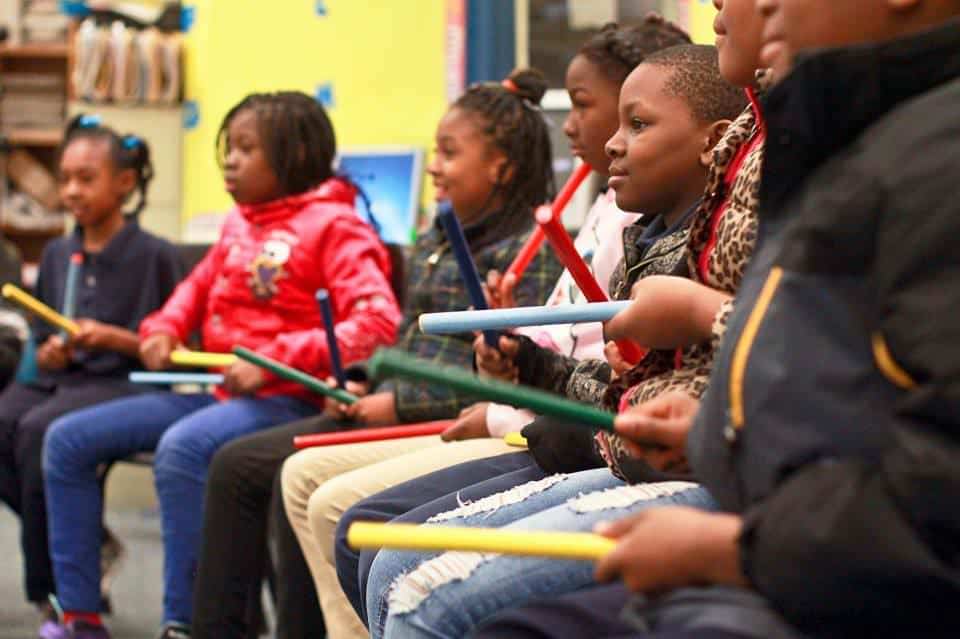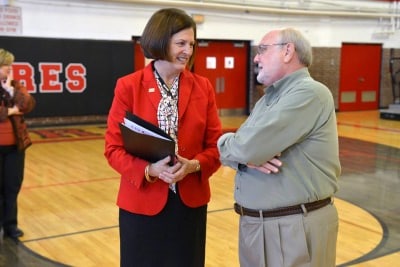

A little more than three years ago, I sat down at a round, wooden table in the library at a South Charlotte elementary school. In the chair across from me was Denise Watts, then a 38-year-old rising star in Charlotte-Mecklenburg Schools tasked with leading the district’s ambitious Project LIFT.
I was shadowing Watts for a profile that was to run in Charlotte magazine that spring. We called Project LIFT “Charlotte’s big test.” And in many cases, it has been.
LIFT — the acronym stands for Leadership and Investment for Transformation — is a $55 million public-private partnership focused on West Charlotte High School and the nine campuses that feed into it. CMS announced the project in 2011 to much fanfare and with high stakes. It serves roughly 7,400 children, and is designed to use innovative strategies to improve academic achievement and, ultimately, the graduation rate at West Charlotte. In 2010, just half of the school’s students graduated. At the time, I wrote that LIFT was “the most ambitious education experiment in Charlotte-Mecklenburg since desegregation,” and I still believe that is the case today.
But we still don’t know whether that gamble will pay off for CMS. A report issued this week shows a mixed bag of results for Project LIFT after its third year. West Charlotte’s graduation rate is up to 76 percent as of last year, but administrators say it is hard to determine how much of that surge is due to LIFT initiatives. There have also been some modest gains in science and reading achievement, but not major jumps.
LIFT’s goal was for 90 percent of students at each participating school to perform at grade level. But students on those campuses are struggling to meet that bar; last year only one of the elementary schools in LIFT cracked 50 percent.
One of the challenges that supporters were surprised to meet has been a “leaky feeder pattern” from elementary schools to middle schools and, ultimately, to West Charlotte. “We thought we’d be working with a very contained group of children and that’s just not the case,” said Richard “Stick” Williams, a former Duke Energy executive who has chaired the LIFT board since the program launched. In fact, just 37 percent of students stay in the LIFT zone into high school.
“It was phenomenal,” Watts said on Charlotte public radio station WFAE last week. I couldn’t even believe how many kids leave and how as a teacher you’re supposed to corral that.” Watts said there are signs of success in Project LIFT, but also issues that give her pause.
The initiative’s performance has probably been hampered by teacher turnover, state education budget changes and drama in the CMS central office — on its fourth superintendent since LIFT was announced.
But the community, and the donors that supported LIFT, will be looking to the classroom for results. How students perform will be a key metric in whether philanthropists and companies decide to move forward. CMS doesn’t have the budget to infuse LIFT schools with tens of millions of dollars after the grant period ends.
When I interviewed Watts for the profile three years ago, she told me there is value in failure because it teaches lessons, too. She wants LIFT to succeed, of course, and what happens in West Charlotte classrooms over the next two years will be critical to determining what kind of lessons CMS will learn from its big test.


